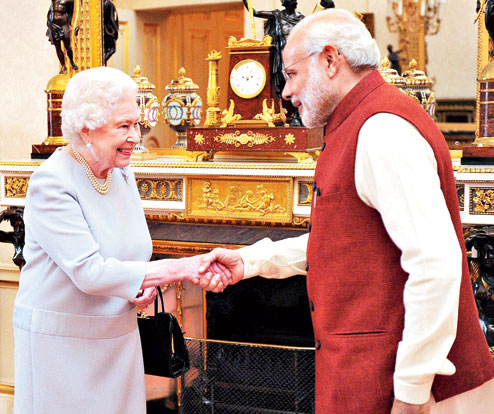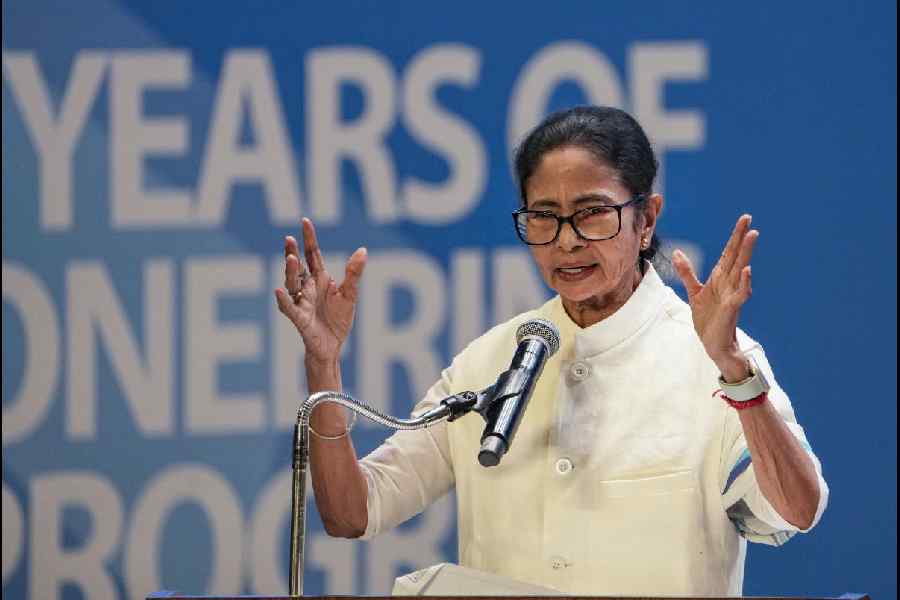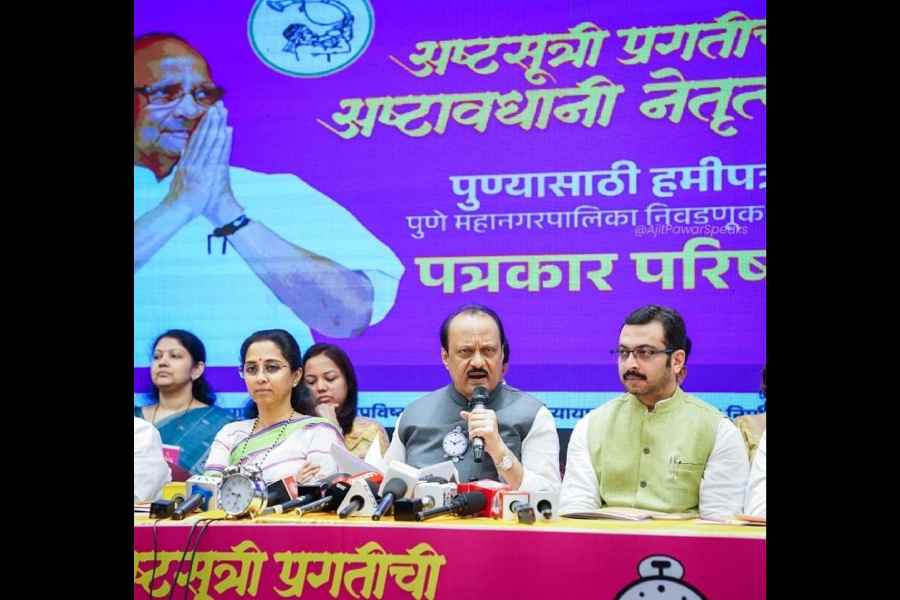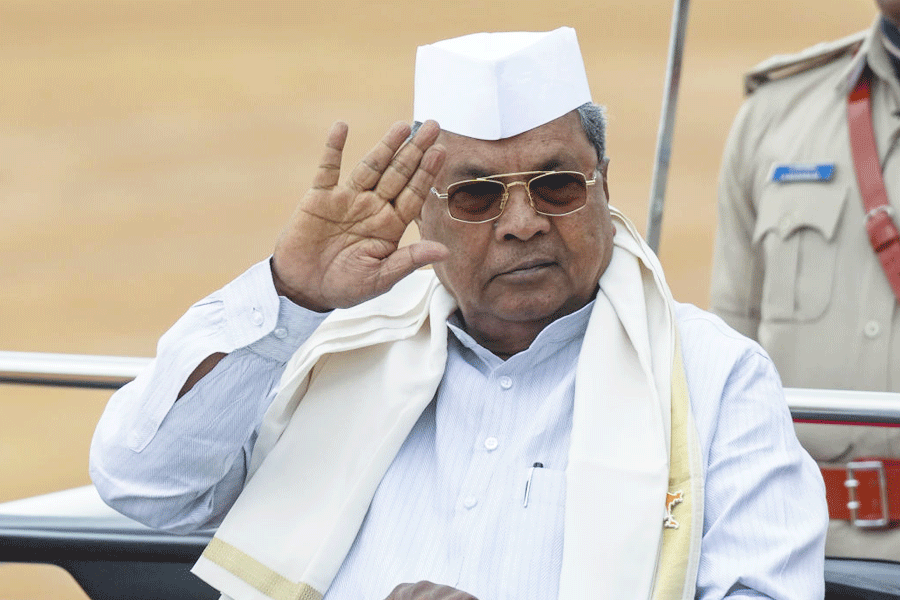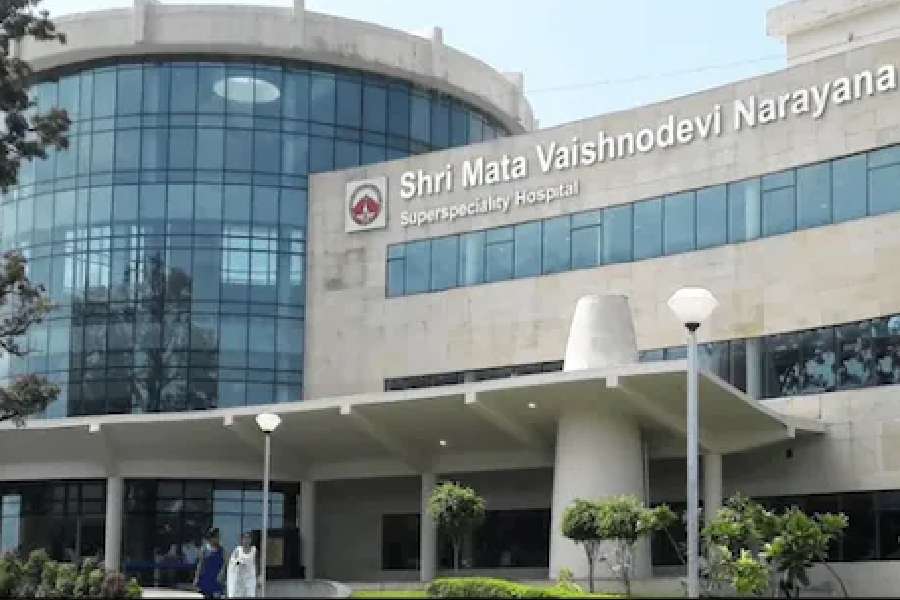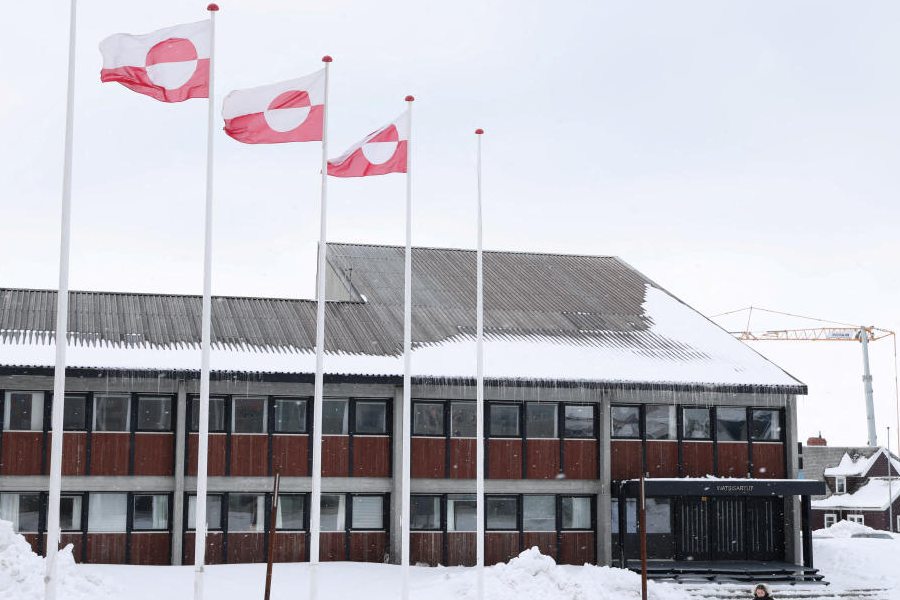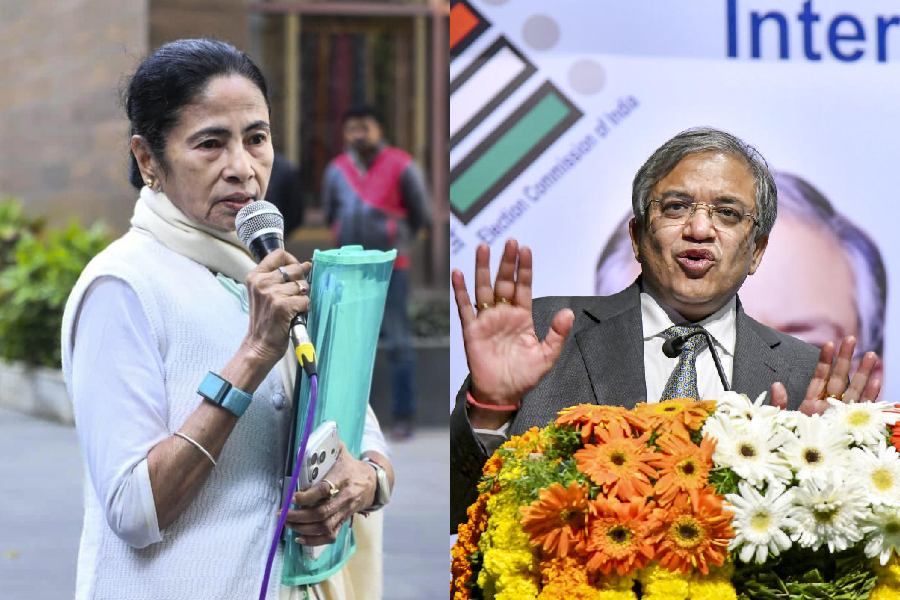
May 15: Two young district collectors in Chhattisgarh may have kept the sun out by wearing sunglasses while receiving the Prime Minister on May 9 but they are now feeling the heat for breaching protocol.
Ironically, the official rap to Bastar collector Amit Kataria and his Dantewada counterpart K.C. Devsenapati came just a day before Narendra Modi, unusually for a visiting head of government, was clicked sporting dark glasses inside the Terracotta Warriors Museum in China.
Kataria, a 2004-batch IAS officer known as " dabang" (fearless) within the service, had welcomed Modi to Jagdalpur, the divisional headquarters of Bastar, in sunglasses, a dark blue shirt and black trousers in 40-plus temperatures. When Modi flew to Dantewada on the next leg of his trip, Devsenapati received him in near-identical attire except that his shirt was white.
Former National Security Guard chief Ved Marwah said there was no written dress code for IAS or IPS officers for such occasions but, according to an "unwritten code", they were expected to dress "appropriately, with a sense of proportion and courtesy" and not "casually".
Marwah said formal attire such as a bandhgala or a safari suit would be ideal while meeting dignitaries of the stature of the President or the Prime Minister, and sunglasses were a no-no. Chhattisgarh government sources said that even a shirt of a light shade with dark trousers would have done.
The state general administration department's May 13 notices to the two collectors reprimand both for the eyewear while castigating Kataria additionally for the blue shirt.
Sources in Chhattisgarh said it was the Centre's personnel department that had drawn their attention to the sartorial bloopers. "Someone in Delhi pointed it out to an officer in Raipur," a source said.
But Jitendra Singh, junior Union minister for personnel, public grievances and pensions, would not confirm it, saying: "I am not aware of it."
The government has warned both officials not to violate protocol in future but seems to have decided not to discipline the duo this time.
"We have noticed that you failed to wear the ceremonial dress ( rasami poshakh in Hindi) and wore sunglasses when you received the Prime Minister, which was not in keeping with Rule 3(1) of the All India Service (Conduct) Rules 1968," the notice to Kataria said.
The Rule makes no mention of a sartorial code but says: "Every member of the service shall at all times maintain absolute integrity and devotion to duty and shall do nothing which is unbecoming of a member of the service."
Chief minister Raman Singh, who was part of the group that received Modi at Jagdalpur, said the notices had been served to make state officials aware of the protocols relating to visits by the Prime Minister and other top dignitaries.
Kataria confirmed receiving the notice but declined comment. Devsenapati could not be reached.
In Raipur, former Congress chief minister and onetime IAS officer Ajit Jogi was quoted by PTI as saying that both officers were "good and hardworking" but should have been cautious.
Marwah said the state government had "stretched the issue too far".
"Instead of publicly admonishing them, it should have called them and asked them not to dress casually in future while receiving dignitaries. That should have been the end of the matter."
The BJP justified the state government's action.
"Obviously, when a Prime Minister or the President of a country is received by designated officers, they cannot show up in tracksuits or dark glasses," spokesperson Sudanshu Trivedi said.
"The (service rules) imply that not only should an officer's conduct be impeccable, his style of dressing should be formal. Everything should reflect the mood of the occasion."
A BJP official said the state chief secretary and senior police officers had worn bandhgalas or uniforms to their meetings with Modi that day.
Asked why Modi was himself often seen donning sunglasses even indoors, as at the China museum, a BJP source said: "The Prime Minister is not governed by service guidelines, officers are. Prime Ministers have even worn the dhoti-kurta on formal occasions; that doesn't mean a civil servant can do so."

